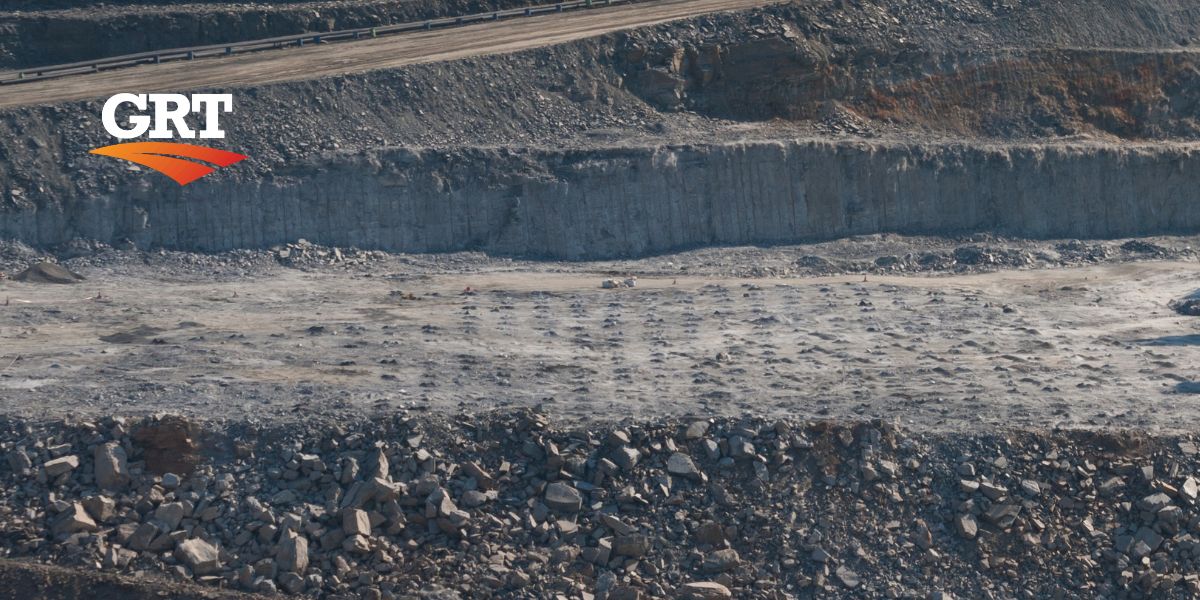Attending the World Economic Forum this week alongside the world’s financial elites, Andrew Forrest has opened up on the realities of a potential second Trump presidency. And it’s not what you think.
Forrest and Fortescue have their sights set on big business in the States, leveraging Joe Boden’s Inflation Reduction Act (IRA), which has earmarked US$369 billion for energy-related projects. While Mr Trump has talked up his opposition to the IRA, suggesting that he would ‘gut’ the program should he succeed in gaining a second term as president, Mr Forrest has other ideas.
Fortescue hopes to launch multi-million dollar battery-making and asset management operations in the US and thinks that Mr Trump will be hard-pressed to overlook the economic growth stemming from the IRA. “There’s just no other economic engine out there with a fraction of the IRA’s power,” Mr Forrest said, speaking to the Australian Financial Review. “
Trump will say what is required to get himself in office. In office, there is not a snowflake’s chance in hell he will self-harm.” Mr Forrest reiterated that he had met Mr Trump several times, had no problems with him, and was focused on working with countries rather than their elected officials.
“I’m not going to brown-nose anyone. And whoever that country puts up to be their representative is fine by us,” he added. “So, whatever administration it is, we’re going to deal with them.”
Are environmental regulations, health and safety concerns or potential profit loss a concern right now?
Diving Nickel Prices Put Miners Under Pressure
As global nickel prices dwindle, Australian miners, including majors like BHP and First Quantum Minerals (FQM), are feeling the pinch. After peaking at around US$30,000 per tonne in January of 2023, the nickel price travelled on a long southerly route to end up at US$16,000 p/t in January 2024, approaching a 50% discount.
This significant price drop has, in turn, placed considerable pressure on Australia’s largest nickel miners. FQM has recently had to pause operations at its Revensthorpe nickel mine in Western Australia, laying off about 30% of its workforce.
According to Ravensthorpe nickel operation general manager Scott Whitehead, the company will lean on its stockpiles and transition to a “new operating model” as part of its three-year plan. “Transitioning to a new operating model will allow us to continue to produce and export our nickel product, which is a critical mineral with a lower carbon footprint than other suppliers,” he said. BHP has also flagged the nickel industry as undergoing “structural changes” as sharp price drops force the company to “optimise its operations”.
“The nickel industry is at a cyclical low in realised pricing. Nickel West is not immune to these challenges,” the company said. “Given the market conditions, a carrying value assessment of the group’s nickel assets is ongoing.”
Australian Miners Must Build ’Trust’ in 2024
As Australia’s leading miners and industry experts weigh in on the coming year, one theme is consistent: the need to build trust. Mining contributes more than 13% to the country’s economy alone, and pressure is mounting for the industry to embrace the times and a clean energy future.
Insiders say that despite making headway, investors and the public still have trust issues and hold a negative connotation with the mining industry. Worley’s Global Sector Lead, Nick Bell, also sees turbulence ahead in rapidly escalating capital costs, skills shortages, extended project schedules, and subdued commodity prices.
“2024 will be a year of reinvention for many miners as they diversify into critical minerals,” he said.
“The decisions they make over the next 12 months will affect their trajectory and whether projected supply-demand imbalances narrow or widen over time.”
Mr Bell warned that, as an industry, miners have yet to win “the hearts and minds” of the public and stakeholders.
“2024 is an important year to address this; I see mining entering a critical phase where retaining trust in the business case of mining projects will be challenging,” he added.
Dust suppression is a critical issue in the world of mining and resources.
Learn more about GRT’s industry-leading and IoT-connected SMART Dosing Units, and discover how we’re driving better dust suppression solutions for all!
If you’d like to talk with an expert, simply contact us!
Your feedback is important to us.
If you enjoyed reading this Global Road Technology industry update and found it informative, please let us know by leaving a REVIEW.
References:
https://editorial.glacierrig.com/wp-content/uploads/2024/01/First-Quantum-Statement.pdf
Troy Adams
Troy Adams is the Managing Director of Global Road Technology (GRT) Specialising in Engineered Solutions for Dust Suppression, Erosion Control, Soil Stabilisation and Water Management. A pioneering, socially conscious Australian entrepreneur, Troy Adams is passionate about health and safety and providing innovative solutions that are cost-effective to the mining industry, governments and infrastructure sectors. Troy is also a tech investor, director of companies like Crossware, Boost, Hakkasan, Novikov and more.

